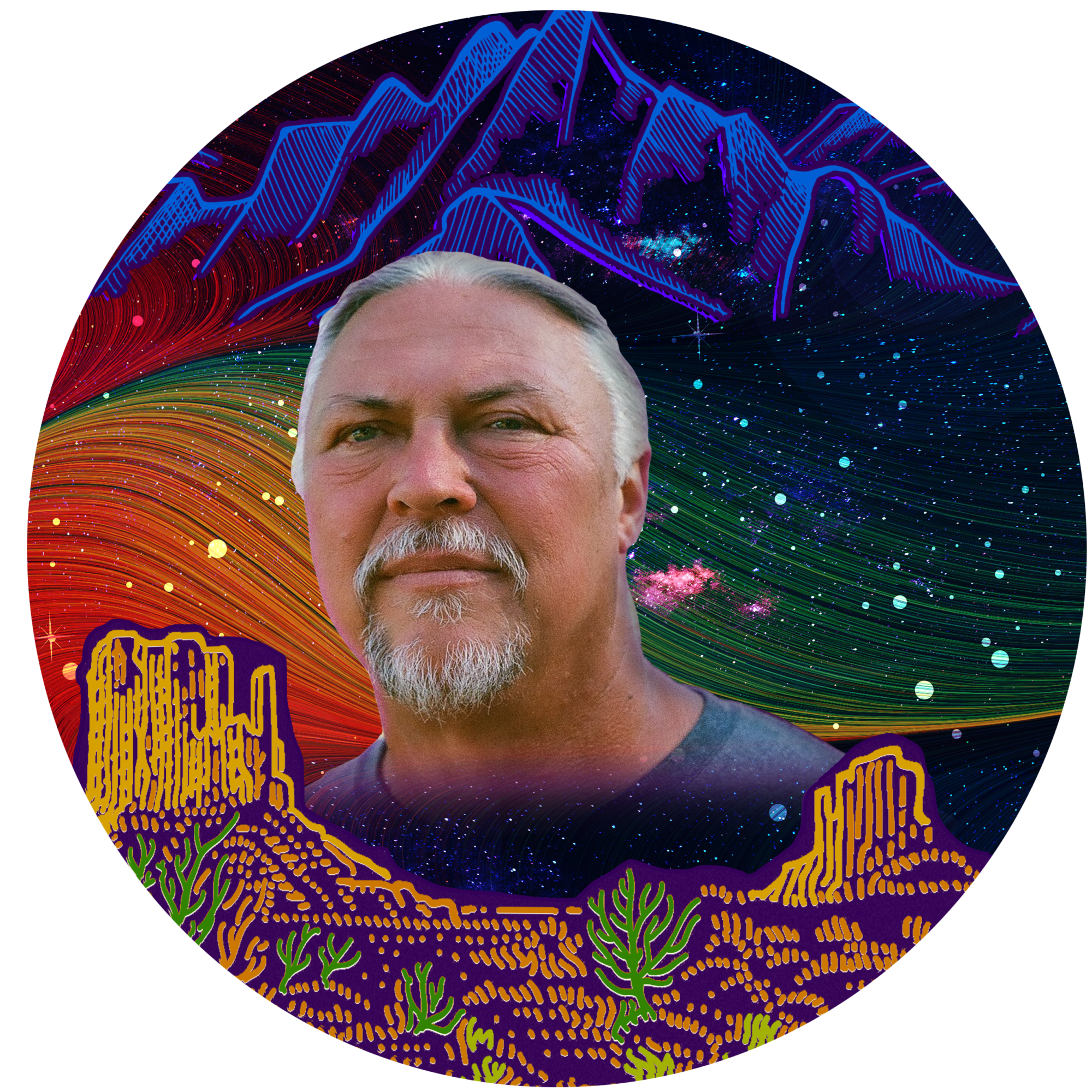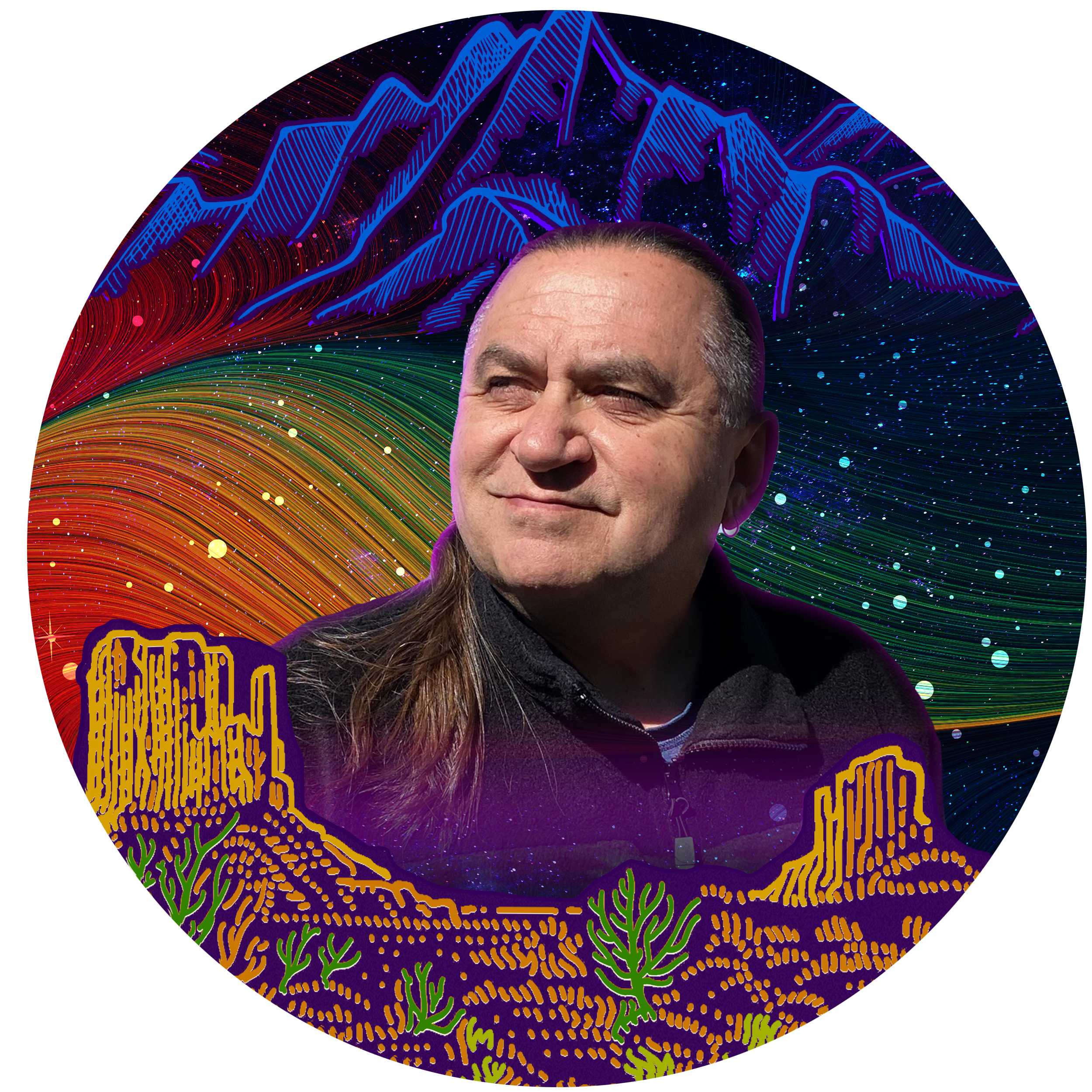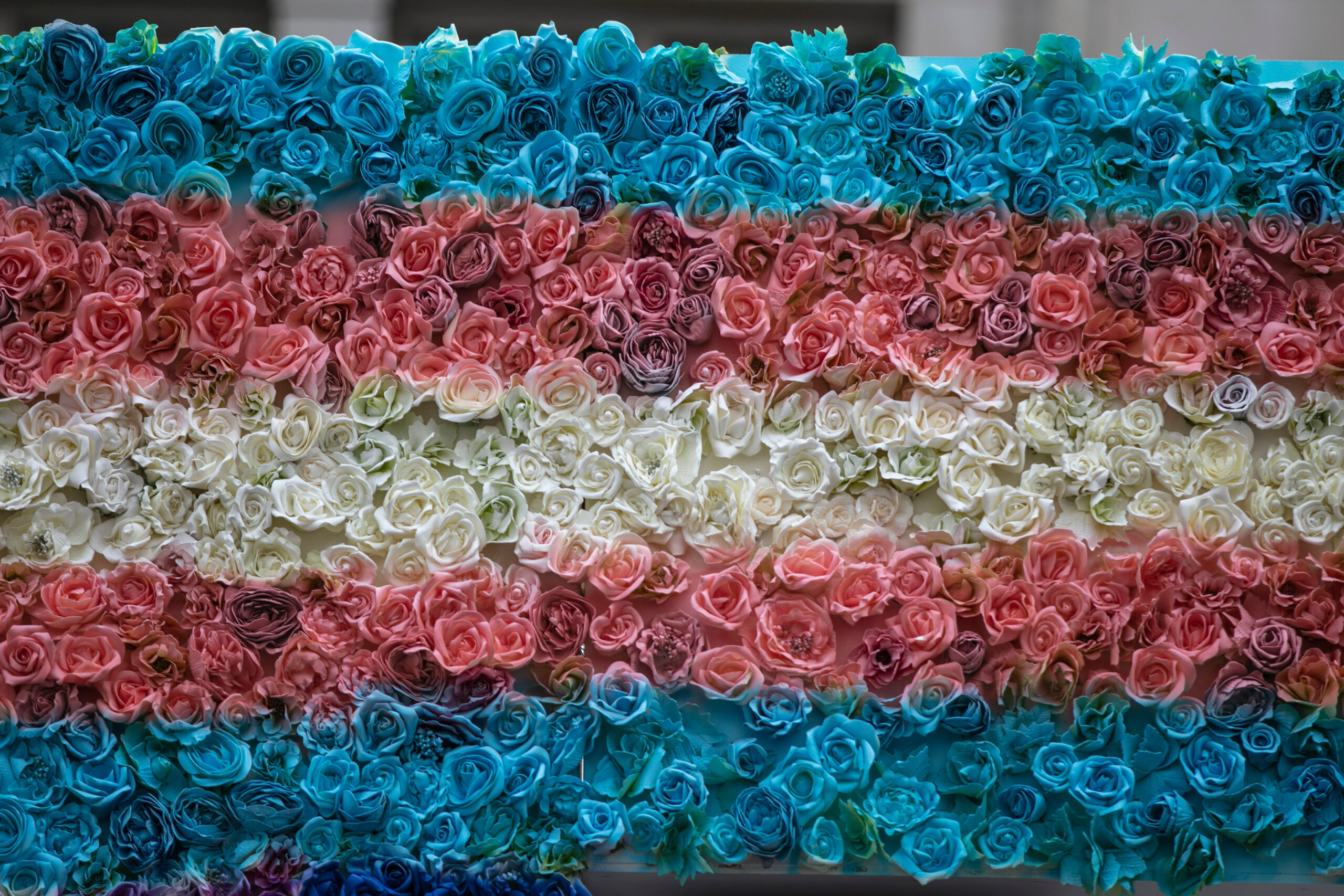Genesis 2:15-17; 3:1-7
2:15 The LORD God took the man and put him in the garden of Eden to till it and keep it. And the LORD God commanded the man, “You may freely eat of every tree of the garden; but of the tree of the knowledge of good and evil you shall not eat, for in the day that you eat of it you shall die.”
3:1 Now the serpent was craftier than any other wild animal that the LORD God had made. He said to the woman, “Did God say, ‘You shall not eat from any tree in the garden’?” The woman said to the serpent, “We may eat of the fruit of the trees in the garden; but God said, ‘You shall not eat of the fruit of the tree that is in the middle of the garden, nor shall you touch it, or you shall die.'” But the serpent said to the woman, “You will not die; for God knows that when you eat of it your eyes will be opened, and you will be like God, knowing good and evil.” So, when the woman saw that the tree was good for food, and that it was a delight to the eyes, and that the tree was to be desired to make one wise, she took of its fruit and ate; and she also gave some to her husband, who was with her, and he ate. Then the eyes of both were opened, and they knew that they were naked; and they sewed fig leaves together and made loincloths for themselves.
Is it possible for us to understand story from a different perspective? We may not realize how much “perspective” we actually bring to the story. Worldviews are the unseen and often unconsidered lenses through which we process and interpret the world. This week’s reading will help us consider and become more aware of how the Western worldview may be forming us. Within the legacy of settler-colonialism exists the false mingling of the Western worldview with a Christian worldview. Our own worldview is often hard for us to spot until we learn more about other ones, like an Indigenous worldview. We should also realize that worldviews are often something that we experience as being intuitively correct; meaning our view is the right view. Shall we let the journey of this week begin by allowing God to dislodge some of those intuitive assumptions?
Western worldviews have grown out of Greco-Roman influence that may have begun with the Philosopher Plato. Plato separated the idea of a thing from the thing itself, creating a duality between a thing’s ethereal essence and its material existence. Platonic dualism privileges the ethereal over the material. Platonic dualism became the basis of reality in the Western world.
Plato’s student was Aristotle. Aristotle’s student was Alexander the Great and he was, among other things, a world promulgator of Hellenism or Greek culture. Hellenism was spread by Rome and then Great Britain, and later romanticized in the West as the ideal form of civilization. It included concepts of categorization that became a part of Western systems of “progress.” Western Christianity and American systems of thought inherited and embraced the false value of separation of reality (ethereal over material) rather than embracing a whole reality. In the Western mind one’s “correct” beliefs even can equate with action. The result for many Christians since, has been a disembodied theology, rife with dualism and only faintly resembling the teachings of Jesus.
Although Hellenistic influence is found in the New Testament, Jesus did not seem to be terribly affected by it. Perhaps his rural Galilean childhood kept his more Hebraic and holistic worldview intact. A number of Church Patriarchs however, were influenced by Greek dualism that directly shaped the church. Platonic dualism became even more distinct during the Enlightenment or Age of Reason. The Founding Fathers of America and other American thinkers, (the Church included) were directly shaped by Enlightenment-bound thinkers.
All that to say, from a Native American perspective, the journey to the cross may look different than from a Western perspective. Instead of one simply focused on personal sin and redemption, it is a journey towards a new worldview that begins with the earth itself. Instead of an individual journey, could this journey be one of collective repentance from a consumeristic way of relating to God’s creation? About living WITH the earth instead of ON the earth? Could we move towards a new framework for our relationship with Creator and creation by understanding Jesus’ role in creation? Could we understand our role as not OVER creation but one WITH creation?
If we remove the influence of Platonic dualism from our worldviews, we will find it difficult to view human beings as being over all other parts of creation. Instead of a relationship where nature is below us, we should be co-sustaining, all creation. Each area of creation is working with the Creator to maintain earth’s balance. The rain and snow, oceans and sun all sustain life on earth. Animals regulate each other within their various natural cycles. Plants provide oxygen, food, and shelter for all of creation to coexist together. As human beings, we are co-sustainers with the rest of creation to ensure the abundant life for all creation the Creator intended. And God said that is “very good.”
Jesus understood humanity’s relationship with the earth differently than we do. He spoke to the wind, to the water, and to trees; closely observed the habits of birds, flowers, and animals; and called his disciples to model their lives after what they saw in nature. In Matthew 5, during his Sermon on the Mount, Jesus said, “Do not say, ‘By heaven!’ because heaven is God’s throne. And do not say, ‘By the earth!’ because the earth is his footstool” (34b-35a). Jesus was making a point about making vows, but one of the many byproducts we see from this short exchange (and from his whole life) is Jesus’ view of the whole world, including earth and heaven, as sacred. Jesus understood the balance between the earthly and the heavenly realms, and he certainly understood the relatedness of both (“on earth as it is in heaven”). Jesus was firmly planted in the construct that “the earth is the Lord’s and all that is in it.”
In our scripture passage human beings are placed by their Creator in a garden. The measure of this great gift should not be overlooked. Everything we have comes from the earth; God’s first gift to humanity. The earth is sacred. The earth is our first and most abiding teacher. It means something special, when the same one who moves from Heaven to Earth, from a particular life lived and a particular kind of death, when we realize, that it was he, Jesus, who had the efficacy of creating the earth for us. The giftedness of our role in caring for the garden as co-sustainers is only equaled by the rest of Jesus’ whole life story.
When considering our relationship to the earth, followers of Jesus should also understand him as earth’s Creator and Sustainer (John 1, Colossians 1, Hebrews 1), and simply cooperate with Jesus in the task of caring for the whole community of creation. Our role, as humans and the task of those especially who follow Jesus, is to maintain the natural harmony and balance God set forth in the garden.
The serpent’s role in the story is what Native Americans call “the trickster.” The trickster’s role is most often to tempt us to do that which we know we should not do. Trickster stories is how we learn from our own mistakes and the mistakes of others. In this case, the mistake was to misuse the earth by eating from a forbidden tree. The whole community of creation is present in the garden to bear witness to the human’s misuse of creation.
Western civilization is just beginning to realize that nature is wiser and more powerful than we are and will, without a doubt, outlive us. She knows her mind, and she understands what keeps life in balance. Because today we seldom see nature in her unmolested glory, we rarely consider the degree to which Western civilization has changed that which is natural to what is now unnatural. Since time immemorial, Indigenous people have learned to observe natural change and tried to flow with it, or bend it to their benefit. It is now imperative that the West discover the same truth.
To begin to follow Jesus on his path to the cross, means we must begin with his act of creation. As the story goes, humanity has been placed in a garden. The earth and the whole community of creation is our garden. God’s purpose for us all is to place us within the community of creation as co-sustainers; bringing about harmony as it was in the beginning when God said, “it is very good.” Regardless of what aspect of the community of creation we work with, be it peacemaking, water restoration, human trafficking, houselessness work, renewable energy, reforestation, etc., we are to bring about healing and harmony to the whole community of creation. This is what it means to follow Jesus on his path.

Rev. Dr. Randy Woodley, PhD has been referred to as farmer, author, activist, scholar, distinguished speaker/teacher, and wisdom keeper. He has been quoted in venues such as The New York Times, Politifact, Time Magazine, and The Huffington Post. Randy addresses a variety of issues concerning American culture, our relationship with the earth, and our spirituality. Dr. Woodley currently serves as Distinguished Professor of Faith and Culture at Portland Seminary and Director of Intercultural/Indigenous Studies. Raised near Detroit, Michigan, he is a Cherokee descendant recognized by the United Keetoowah Band of Cherokee Indians in Oklahoma. Randy co-hosts the Peacing it all Together podcast with Bo Sanders. Dr. Woodley and his wife Edith (E. Shoshone) are co-sustainers of Eloheh Indigenous Center for Earth Justice and Eloheh Farm & Seeds, a regenerative farm, school, community and ceremonial grounds in Yamhill, Oregon. His books include:
- •Becoming Rooted: One Hundred Days of Reconnecting with Sacred Earth
- •Mission and the Cultural Other: A Closer Look
- •Indigenous Theology and the Western Worldview: A Decolonized Approach toChristian Doctrine
- •Decolonizing Evangelicalism: An 11:59pm Conversation
- •The Harmony Tree: A Story of Healing and Community
- •Shalom and the Community of Creation: An Indigenous Vision
- •Living in Color: Embracing God’s Passion for Ethnic Diversity
A few examples of Randy’s contribution of chapters to other’s works include “Povertyand the Poor Among North American Indigenous Traditions,” (Poverty and the Poor Among the World’s Religions) and “How Indigenous Perspectives Offer Hope to a Besieged Planet,” (Time to Act: Extinction Rebellion). Dr. Woodley served for several years on the Oregon Department of Education, Native American/Alaska Native Advisory Board (2015-18). He and Edith served together as members of the Native Climate Council of the Greater Portland Metro Area, Advisory Board (2015-17) and in 2021 they were given the Ecumenist of the Year Award by Ecumenical Ministries of Oregon, the first time given to a couple. They have four grown children and six grandchildren. Social Media randywoodley.com , eloheh.org , elohehseeds.com , peacingitalltogether.com , Sho-Kee.com, Facebook-Randy Woodley Author/Speaker, Eloheh Indigenous Center, Eloheh Farm, Instagram: Eloheh/Eagle’s Wings 6033 NW Lilac Hill Rd., Yamhill, OR 97148, [email protected], 859-321-9394



Unbound Social